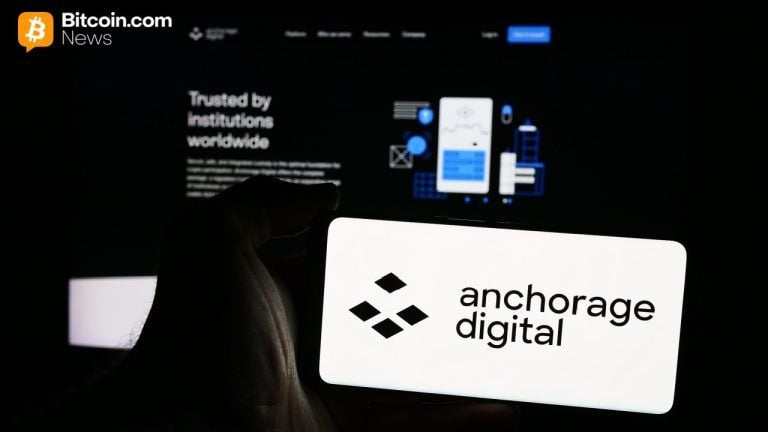Lansing utility plans $232 million tender, $350 million in new bonds
4 min read

Michigan’s Lansing Board of Water and Light plans to sell $350 million of tax-exempt bonds this month in a deal that would fund a tender offer for $232.6 million of outstanding debt.
The tender offer covers a portion of BWL’s taxable Series 2019B bonds. The utility is also pursuing a current refunding of $4.3 million of its Series 2013A bonds.
The BWL deal comes as a
Lansing’s city utility has been on the cutting edge of muni trends before. In 2019, it became the first to price a
This deal, like that one — which financed a new natural gas facility, Delta Energy Park — is bankrolling the utility’s clean energy transition as well as securing savings on debt service.
“The tender of the 2019 bonds represents an opportunity to achieve savings for our ratepayers by refunding taxable debt with tax-exempt debt,” Lansing BWL Chief Financial Officer Heather Shawa said. “With a successful tender, we plan to have a 10-year call option on the 2024 bonds which could provide additional savings in the future.”
The senior manager of this month’s deal is BofA Securities with Goldman Sachs as co-senior manager. The municipal advisor is PFM Financial Advisors. Bond counsel is Miller Canfield.
The
The pricing date for the bonds is Jan. 17. Shawa said that while the tender will be “subject to market conditions, we would like to stick with this plan.”
The Series 2024A bonds will finance system improvements and capitalized interest payments in addition to paying the purchase price of the tender offer and refunding some outstanding bonds.
System improvements to be financed include 110 megawatts of natural gas Reciprocating Internal Combustion Engine units — which will account for about half of the bond proceeds — and two capital improvement projects. The latter may include construction and renovation of transmission and distribution lines.
It’s all part of BWL’s plan to phase out coal and transition to renewable energy over the next few years. The utility has stopped burning coal at its own electricity generation facilities.
And Belle River, a coal-fired plant just outside St. Clair that’s operated by Detroit-based DTE Energy and supplies as much as 165 megawatts of electricity to BWL, will switch to natural gas by 2026, clearing the last remnants of coal from BWL’s portfolio.
By 2030, BWL expects to draw about half its energy from natural gas, and the remaining half from a mix of solar, wind and storage. The utility has set a goal of carbon neutrality by 2040. That transition will require investments like the ones it is financing with the Series 2024A bonds.
“For the new money portion of the 2024 bonds, the board plans to resource our continued transformation to a less carbon intensive utility,” Shawa said. She said the two capital improvement projects besides the RICE units “will ensure the reliability of the system for years to come.”
S&P Global Ratings Director Scott Sagen noted that BWL has “rapidly decarbonized its generation fleet,” and will be phasing in 650 MW of clean energy technology between now and 2027. These changes have set the utility up to comply with a stricter new state law requiring clean or renewable energy to make up half of total energy by 2030.
The utility’s total bonded debt service increased from 2021 to 2022 and did so again in 2023, going from $17.3 million to $37.6 million to $42.68 million. BWL projects it will pay $42.68 million in debt service in 2024, including the new and refunded bonds. It has a $146.9 million cash balance.
Moody’s Investors Service has assigned the new bonds a rating of Aa3 with a stable outlook. In its rating action, Moody’s cited BWL’s ability to raise rates unilaterally — the utility can change its rates without city, state or federal regulatory approval, a process that takes roughly three months — to fund its transition to renewable energy. Moody’s also noted the utility’s “captive customer base” and its diversified services.
S&P has assigned its AA-minus rating with a stable outlook. In its rating action, it pointed to BWL’s plan to implement yearly rate hikes to fund its capital program, a six-year, $480 million project.
“BWL’s willingness to implement higher rate increases over a multi-year period to support its additional debt needs and capital program is key to credit stability,” Sagen said. “Management has demonstrated a track record of taking responsive rate actions to preserve financial metrics, and its proposed annual electric increases ranging between 4% and 7% through fiscal 2029 should result in a continuation of this trend.”
But S&P warned that a swelling of additional debt requirements or milder rate hikes “could challenge the utility’s ability to continue generating robust margins.” If its debt coverage falls below or its debt levels rise above projections, BWL could see its rating drop, S&P said.
Of particular concern are the BWL service area’s below-average income levels, Sagen said. Set against its above-average electric rates, he added, “Social factors, including rate affordability, could pressure the utility’s financial flexibility over time.”
The utility, in a presentation to investors, highlights its service area’s diverse array of major employers, including Michigan State University, the state government and General Motors. It counts 99,000 customers, making it the largest municipal electric utility in Michigan.
It also expects a 35% increase in energy sales through a new joint venture battery plant between GM and South Korean firm LG, that is expected to open in late 2024.







